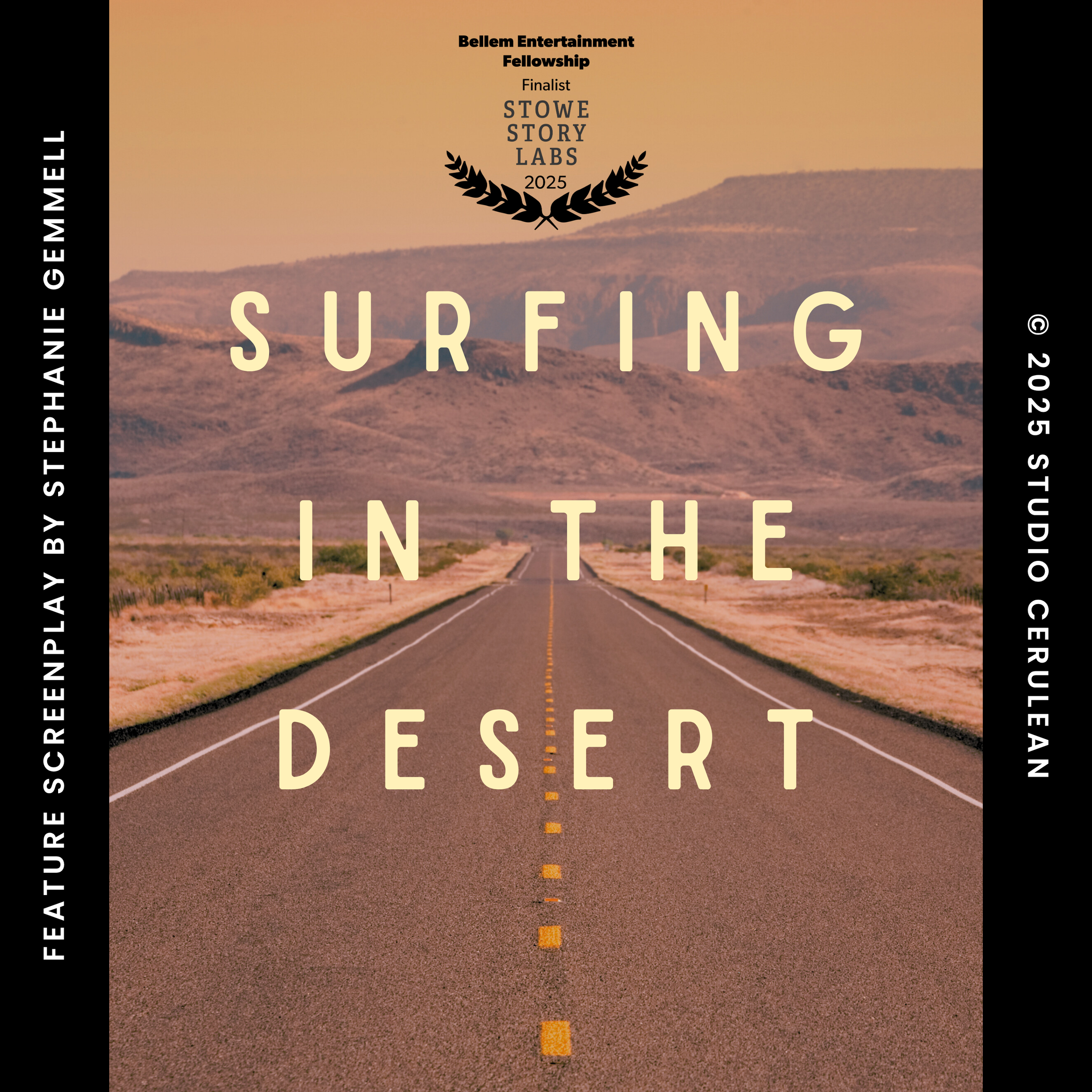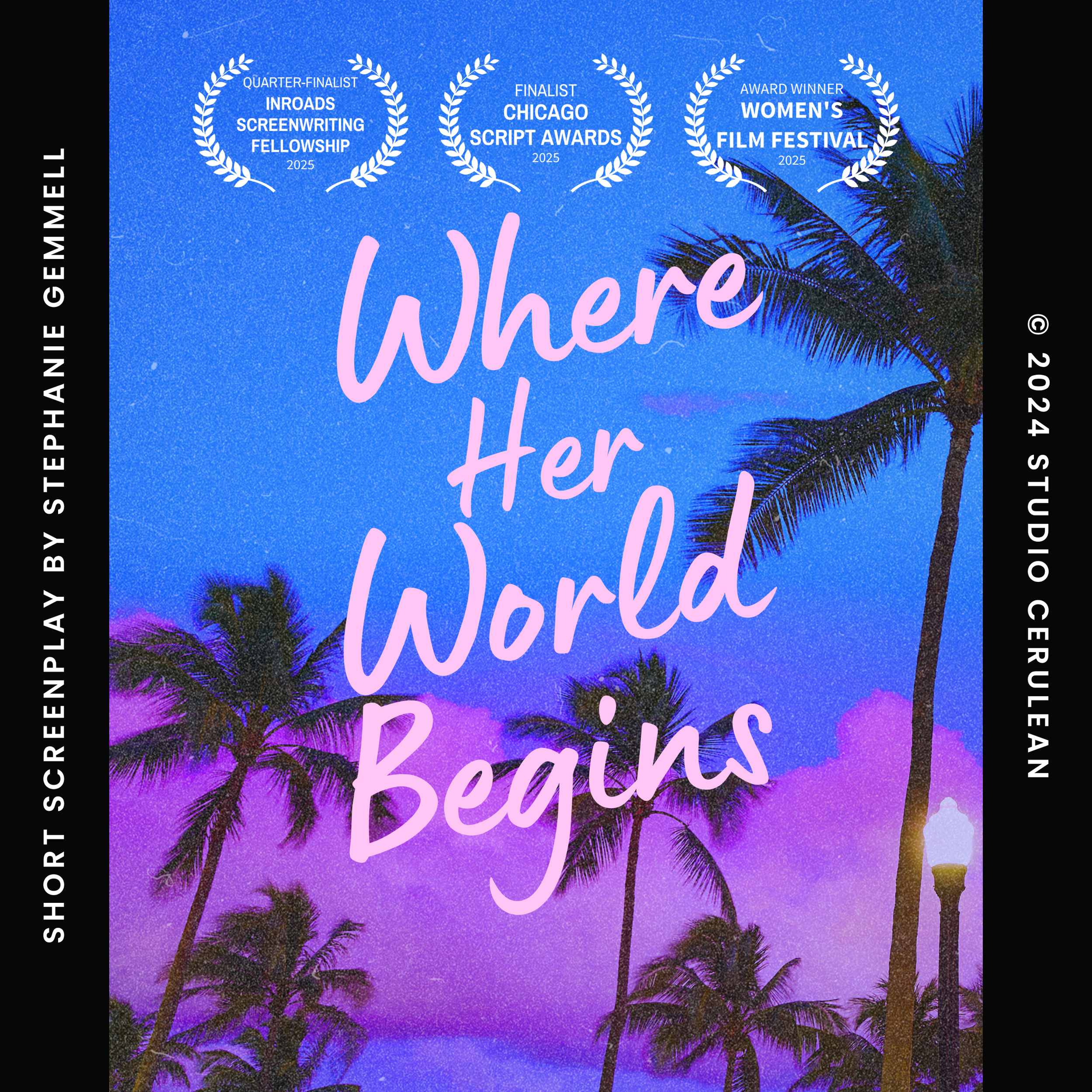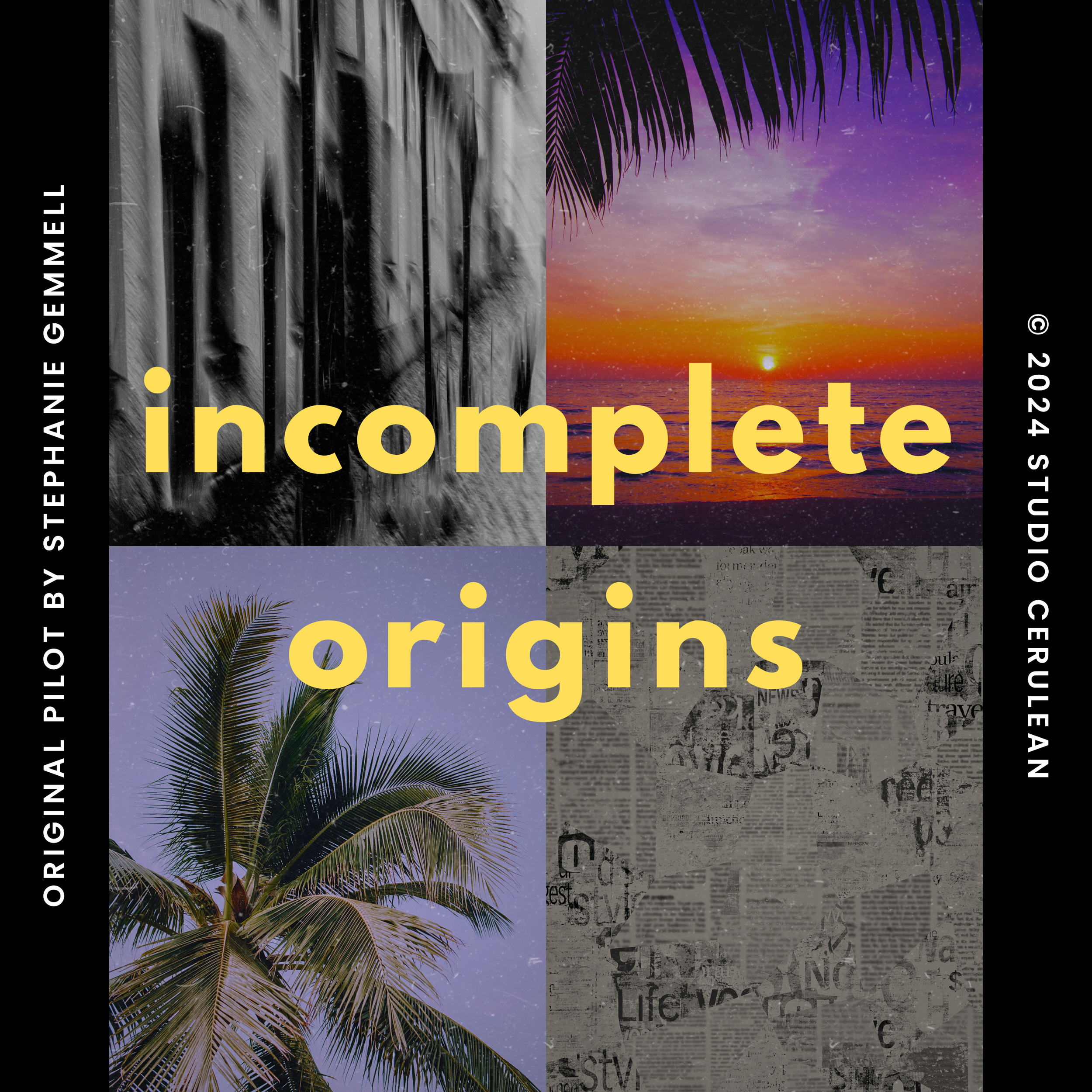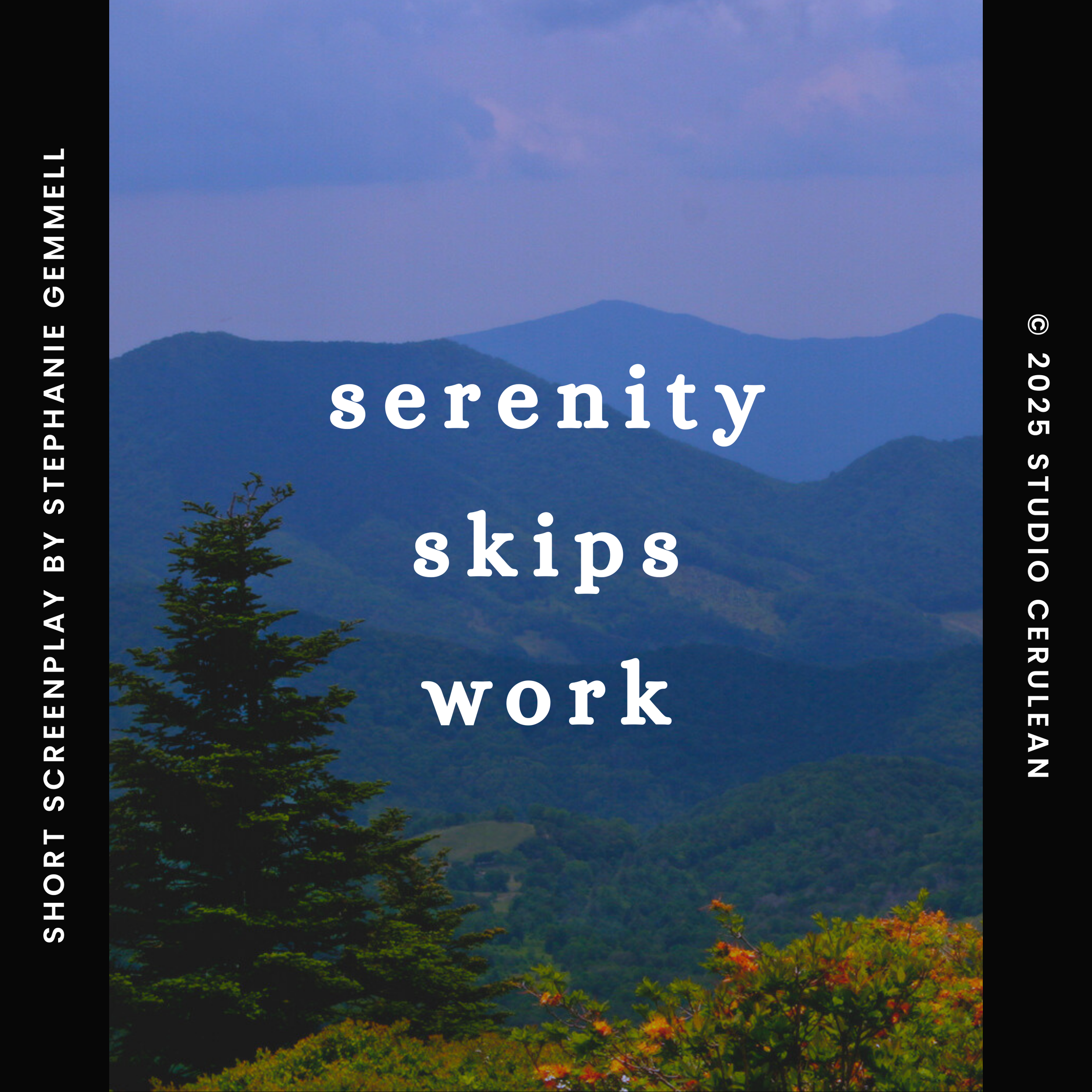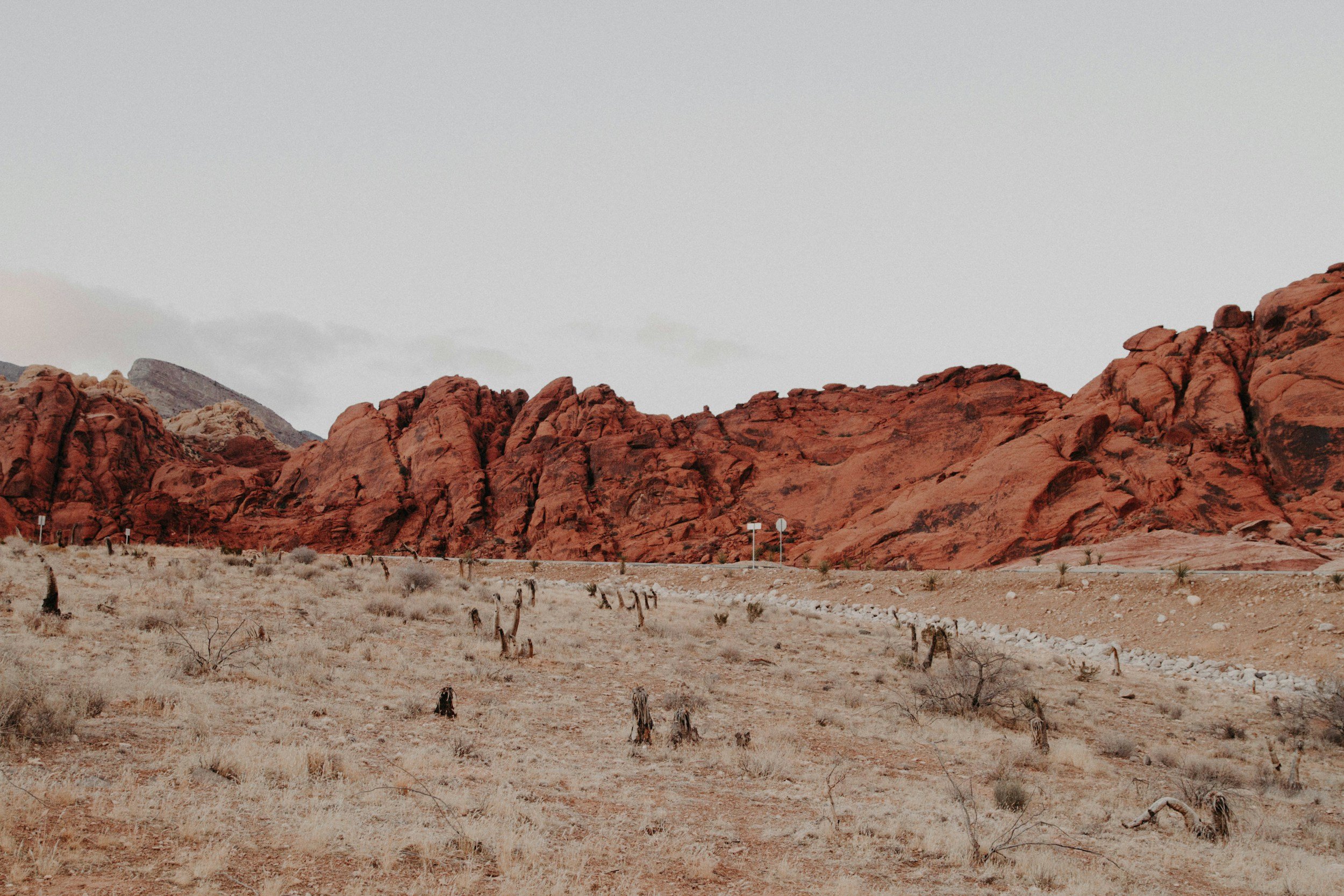
Screenwriting


published poetry
• “the myths we need” and “love letter to the poet’s brain,” oxford public philosophy, february 2024.
• “something eternal endures,” in remembering rilke, ed. larry robin (philadelphia: moonstone arts, 2023).
• “sonnet 73,” in which side are you on?, ed. larry robin (philadelphia: moonstone arts, 2023).
• “elva,” in falling leaves, ed. susan meehan and robert bettmann (washington: day eight, 2020), pp. 39-40.
• “tableau of calafia,” just place chapbook, june 2020.
• “an aigéan (the ocean)” and “pilgrimage,” capitol letters magazine, 2020, pp. 5, 25.
• “gold mining in 1929,” the ekphrastic review, september 2019.
• “sonnet xx,” “nocturne,” and “homage to rainer maria rilke,” capitol letters magazine, 2019, pp. 6, 29, 40.
• “sonnet xvii,” capitol letters magazine, 2018.

Published Research
• “Conversation Shaper: Supporting Neurodiversity in the Writing Center,” The Peer Review (2022).
• “‘Willing Deeply and Inwardly’: Neurotheology and Kierkegaardian Free Will,” Journal of Theta Alpha Kappa (2022).
